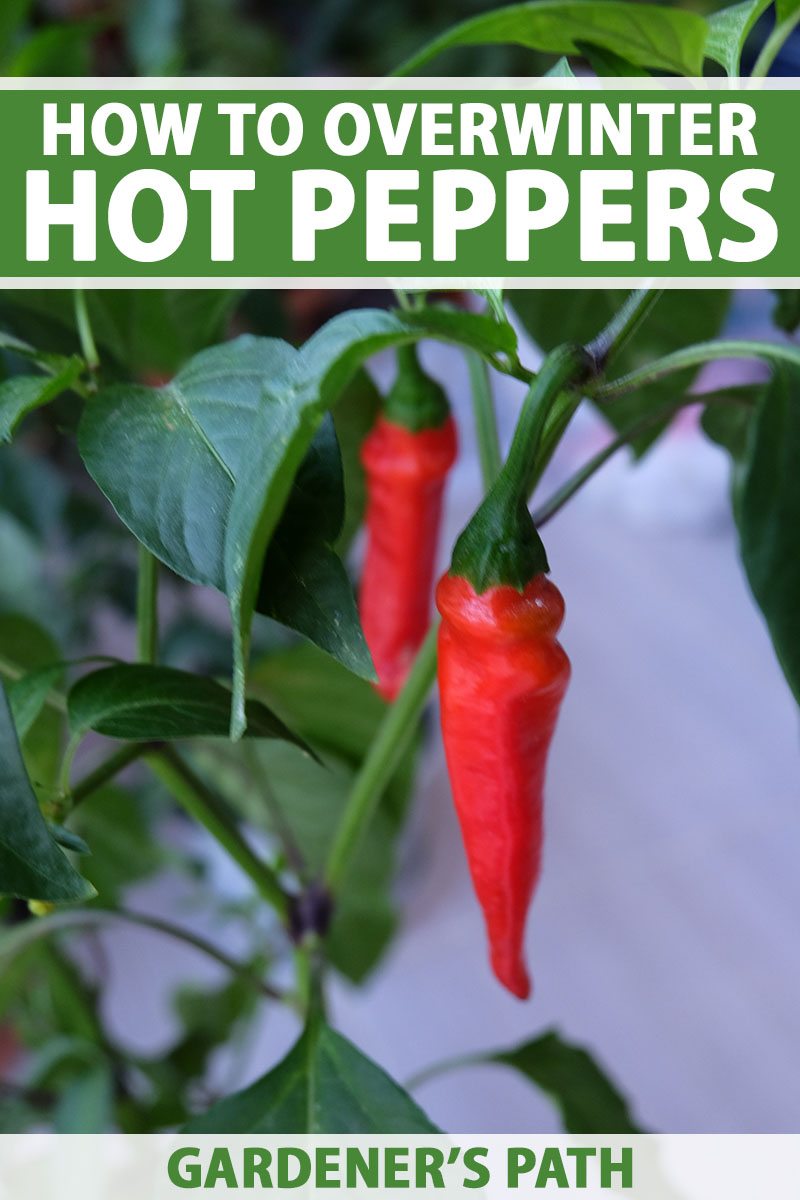Selecting the Best Fertilizers for Peppers: Expert Recommendations
Selecting the Best Fertilizers for Peppers: Expert Recommendations
Blog Article
Organic Vs. Synthetic Fertilizers: Which Is Best for Supporting Healthy And Balanced Pepper Plants?
In the realm of nurturing healthy and balanced pepper plants, the selection in between artificial and natural fertilizers stands as a critical decision with far-ranging effects. While both choices objective to provide essential nutrients to sustain plant development, the nuances of their impact on the dirt, plant health and wellness, and the atmosphere spark a discussion that mirrors throughout the gardening area. Comprehending the distinct advantages and possible mistakes of each fertilizer kind is important for pepper growers looking for to enhance their yields while preserving a lasting and eco-conscious method.
Benefits of Organic Plant Foods
Organic plant foods use a sustainable and environmentally-friendly strategy to beneficial pepper plants, supplying essential nutrients without using synthetic chemicals. These natural fertilizers are originated from organic sources such as compost, manure, bone meal, and algae, promoting dirt health and wellness and biodiversity. Unlike artificial fertilizers, natural options release nutrients gradually, guaranteeing a balanced and constant supply for pepper plants to flourish.
One substantial benefit of organic plant foods is their capacity to improve dirt framework and water retention. By enhancing soil wellness, organic fertilizers advertise beneficial microbial activity, which helps in nutrient uptake by pepper plants. In addition, organic fertilizers minimize the threat of chemical run-off, safeguarding water resources from air pollution and protecting the atmosphere.
In addition, organic fertilizers add to long-term soil fertility by advertising the development of valuable soil organisms. These organisms assist damage down natural issue, launching nutrients in a kind that is easily accessible to pepper plants. best fertilizers for peppers. By fostering a healthy soil community, organic fertilizers support sustainable pepper growing methods that profit both plants and the atmosphere
Disadvantages of Artificial Plant Foods
Synthetic fertilizers, in comparison to their organic counterparts, pose various disadvantages when made use of to nurture pepper plants, affecting both plant health and wellness and environmental sustainability. One major drawback of artificial plant foods is their tendency to seep nutrients from the dirt rapidly.
Furthermore, the overuse of synthetic plant foods can add to water contamination. Excess fertilizers not soaked up by plants can remove into water bodies, leading to eutrophication, where algae blossoms diminish oxygen levels in the water, harming water life. Synthetic plant foods are usually acquired from non-renewable resources, such as fossil gas, adding to carbon discharges and ecological degradation throughout their production.
Nutrient Absorption Contrast
Effective nutrient absorption plays a critical role in the total health and growth of pepper plants. When contrasting organic and synthetic fertilizers in terms of nutrient absorption, natural plant foods have the advantage of offering an extra well balanced and slow-release source of nutrients (best fertilizers for peppers). Organic fertilizers have a variety of macro and micronutrients that are not just beneficial for the plants but likewise advertise healthy and balanced soil microbial activity, which helps in nutrient uptake. On the various other hand, synthetic fertilizers commonly give a quick release of nutrients, which can cause seeping and drainage, causing lower nutrient absorption rates by the plants.
Moreover, natural plant foods boost dirt framework and water retention capability, permitting pepper plants to accessibility nutrients extra efficiently. This improved soil high quality assists in origin growth, making it possible for far better nutrient absorption. Artificial plant foods, although originally improving plant development because of their high nutrient focus, may impede long-lasting nutrient absorption by degrading soil health and wellness gradually.
Ecological Effect Factors To Consider

On the various other hand, synthetic fertilizers, although usually even more concentrated and immediately readily available to plants, can have detrimental impacts on the atmosphere if not used appropriately (best fertilizers for peppers). Their production calls for high energy inputs, bring about greenhouse gas exhausts and adding to environment modification. Moreover, the drainage of excess artificial fertilizers can contaminate water sources, causing eutrophication and harming aquatic ecosystems.
Best Fertilizer Practices for Peppers
To achieve this, it is important to follow best fertilizer techniques customized to the details demands of pepper plants. One critical technique is to do a soil test before using any kind of plant foods.
One more essential practice is to fertilize pepper plants at the correct time. Typically, peppers take advantage of obtaining fertilizer at planting and afterwards once more when they begin to flower. Over-fertilizing can lead to vitamins and mineral inequalities and hurt the plants, so it is important to follow advised application prices.
Furthermore, choosing a well balanced plant food with an NPK ratio that suits pepper plants' needs is essential. Organic fertilizers, such as garden compost or manure, can be exceptional choices as they launch nutrients gradually and improve dirt structure over time. Synthetic plant foods can offer a quick nutrient increase when needed. Inevitably, integrating organic and artificial fertilizers deliberately can assist nurture healthy and balanced pepper plants while minimizing ecological impact.
Final Thought

Organic plant foods provide a lasting and environmentally-friendly strategy to nourishing pepper plants, offering crucial nutrients without the use of synthetic chemicals. Unlike artificial fertilizers, natural choices launch nutrients gradually, ensuring a balanced and consistent supply for pepper plants to thrive.
Synthetic plant foods, in comparison to their organic counterparts, present numerous drawbacks when utilized to nurture pepper plants, impacting both plant health and wellness and ecological sustainability. When comparing synthetic and organic plant foods in terms of nutrient absorption, natural plant foods have the benefit of look at this now giving a more balanced and slow-release source of nutrients.Additionally, organic plant foods improve dirt structure and water retention capability, allowing pepper plants to access nutrients a lot more efficiently.
Report this page